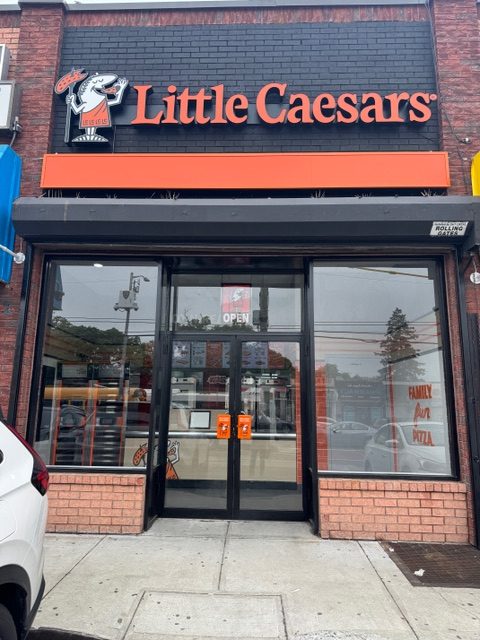The New York State Department of Environmental Conservation (NYSDEC) has been testing for contamination around the site of the Atlantic Express Bus Company which was formerly a storage and distribution center for dry cleaning chemicals.
On Thursday, August 24, at York College, they held an information session for the surrounding community to report their findings about the air quality near the site.
The West Side Corporation currently owns the site which was deemed an inactive waste site in 1997 by the New York State Department of Health (NYSDOH). The state decided to clean up the site, surrounding areas, and the groundwater in 2000 and again in 2002. Thus far, the state has removed an estimated 4,000 pounds of the carcinogen known as PCE from the site and will initiate the second phase of cleanup this fall which is expected to last for two years.
The dry cleaning storage and distribution center operated from 1969 to 1990, was located at 107-10 180th Street in Jamaica, and contaminated the 4.5-acre site by transferring dry-cleaning solvents, known carcinogens, to 55-gallon drums, according to NYSDEC officials.
Spillage during the transfer contaminated the groundwater and the soil in the community through vapor intrusion. Vapor intrusion is the process by which volatile chemicals move from the soil into the air of buildings. State officials are concerned that vapors from the carcinogen tetrachloroethylene, (PCE) in the contaminated soil could seep into area homes via foundation cracks and dangerously affect residents' air quality.
The NYSDEC distributed the results of testing conducted from January 26 to April 8 of 53 of the 253 homes that consented. The study was conducted during the winter season when windows and doors are least likely to be opened. High levels of PCE are especially harmful in poorly ventilated areas. Samples were taken of the indoor and outdoor air and from the soil below the foundation of homes and commercial areas.
Of those homes tested, the NYSDOH estimates that about a dozen homes will be offered a mitigated system which is a pipe attached to the side of a home penetrating into the ground underneath the foundation of the homes, which sucks PCE's from the soil. Installation of the mitigation systems is scheduled to begin this fall, by licensed contractors at no cost to homeowners. However, the property owners will have to pay for the cost of the added electrical usage.
NYSDOH has set a level of 100mcg/m3 as a guideline for PCE in the air, which is lower than the levels that have caused adverse health effects in animals and humans. Homes receiving mitigation systems have produced test results above these levels. Homes that have not sampled above this level but are adjacent to homes that have will qualify for continued monitoring and sampling. The remaining homes were deemed to require no further action.
High doses of PCE can cause dizziness, headache, sleepiness, confusion, nausea, difficulty in speaking and walking, unconsciousness, and death. The Department of Health and Human Services (DHHS) has determined that PCE is a carcinogen and can lead to cancer.
Irving Hicks, President of the Brinkerhoff Action Association says he is not worried about contamination in his home, as the DEC has been communicating with the community for six years. “They are cleaning the soil vapor intrusion,” he says.
Theresa Cousins whose father declined testing is worried for the children in the area. A resident of Jamaica for about 30 years, she has noticed more children in the area being “bused” to special remedial schools. She wonders if perhaps the contaminated area has something to do with this phenomenon.



































